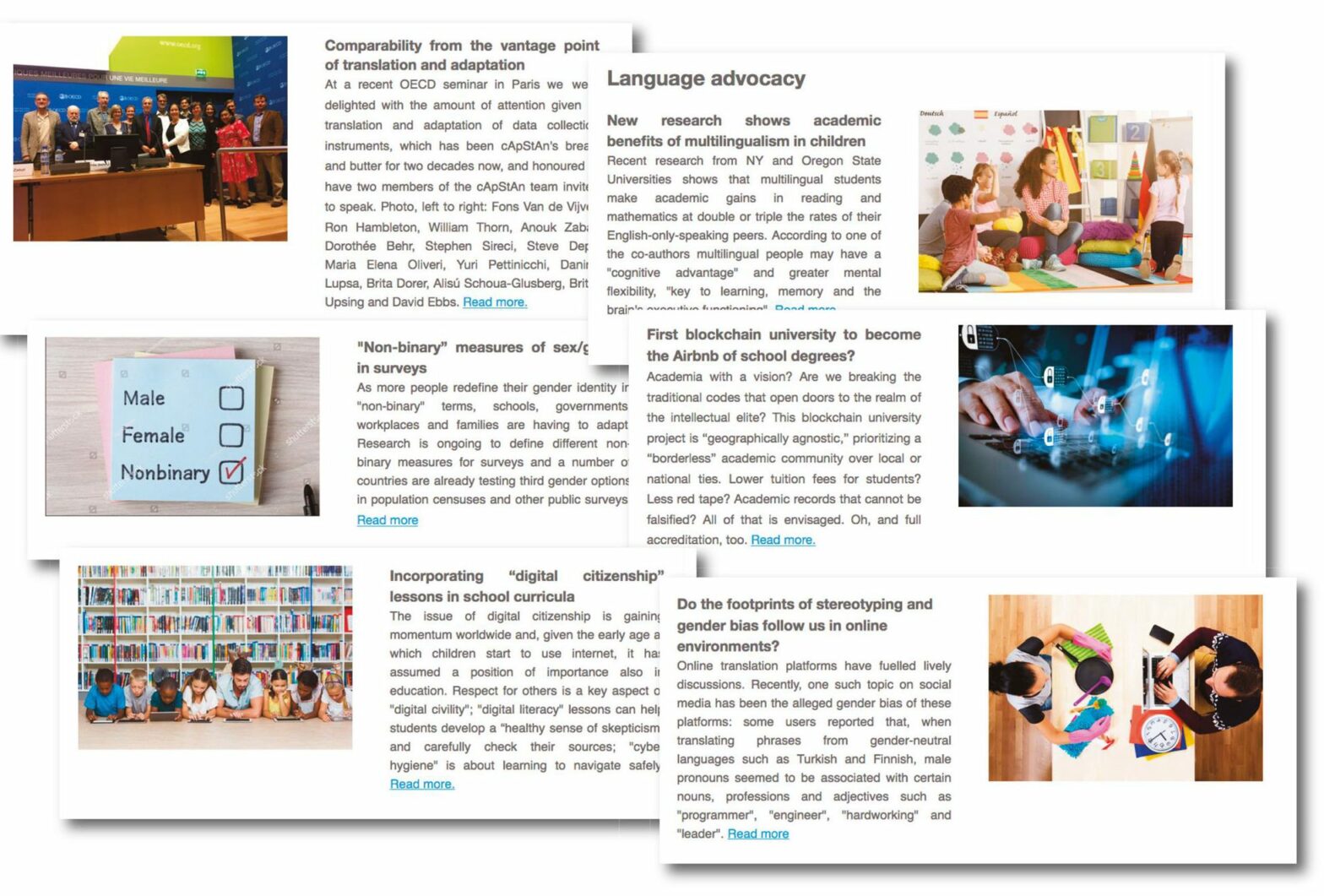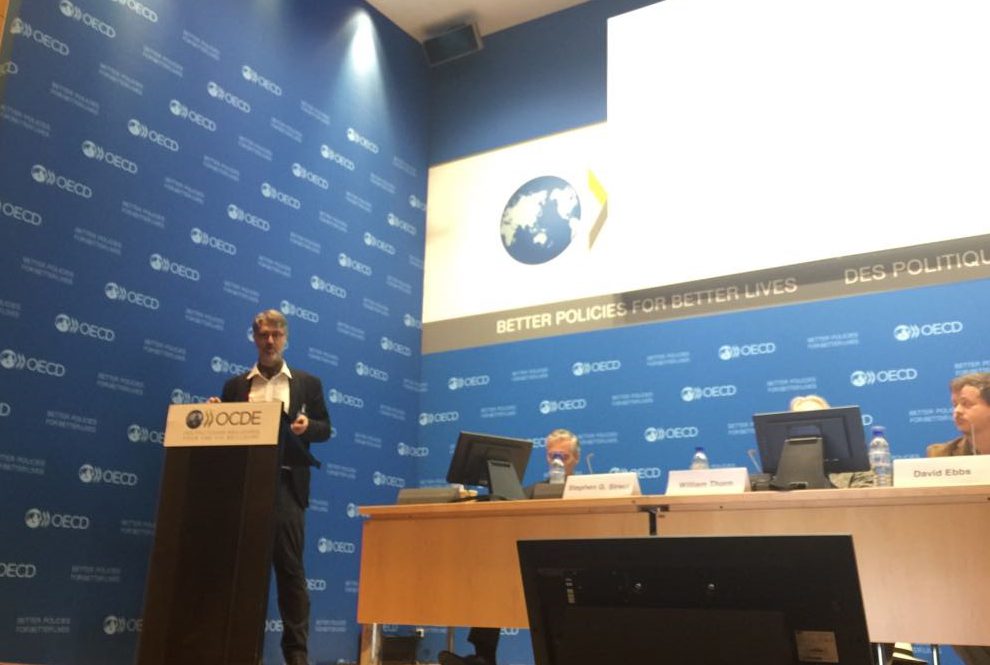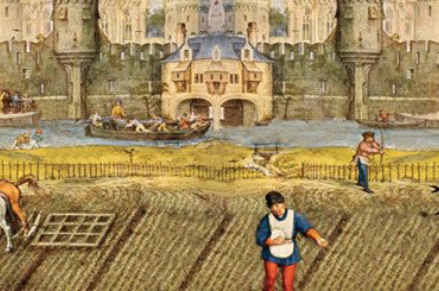Category Archives: Test translation and localisation

Redefining the concept of “master version” in test item development to address the “Anglo-Saxon legacy” and other translation effects
by Pisana Ferrari – cApStAn Ambassador to the Global Village In the past two decades, new standards have been defined for the adaptation of assessment instruments into multiple languages. Sophisticated translation designs have become the norm in international large scale assessments (ILSAs). However, in item development, the “Anglo-Saxon legacy” still prevails: the most common practice …
Read More
Garbage in, garbage out: feed AI translatable items
by Steve Dept – cApStAn partner In some areas, AI may be a hype. Not so for neural machine translation (NMT). On a daily basis, we hear and read about the new threats and opportunities that come with new advances in artificial intelligence (AI). In the field of translation, the advances are real, the opportunities …
“Garbage in, garbage out: feed AI translatable items”
Read More
cApStAn June 2018 Newsletter
by Pisana Ferrari – cApStAn Ambassador to the Global Village Welcome to the third issue of cApStAn’s monthly newsletter. For those of you who did not see the first two editions, in our newsletter we share news about recent developments in the cApStAn ecosystem as well as snippets of information about and around the linguistics …
“cApStAn June 2018 Newsletter”
Read More
Looking at Comparability from the Vantage Point of Translation and Adaptation
by Steve Dept – cApStAn partner When either the OECD or GESIS—the Leibniz Institute for Social Sciences—organise a methodological seminar, it is an opportunity to learn something from authoritative sources and to test one’s working assumptions with experts from the field. When OECD and GESIS join forces to organize such a seminar, one knows in …
“Looking at Comparability from the Vantage Point of Translation and Adaptation”
Read More
20 years ago: Avenue de la Renaissance 1
by Steve Dept – cApStAn partner In the late nineties, Steve Dept was involved in two large-scale translation and adaptation projects. As it happens, he was particularly concerned with the time and resources spent on multiple revisions that did not seem to warrant incremental improvements in faithfulness or fluency. The effect of a translation review …
“20 years ago: Avenue de la Renaissance 1”
Read More
Multidisciplinary Task Forces to Manage Complexity
Two weeks ago, a complete 18th century library was discovered in Bouillon. The books, all of them over 200 years old, are in pristine condition. A miracle for bibliophiles. The 18th century was the last moment in history when it seemed possible for Encyclopedists to be well-informed about the latest developments in just about every science …
“Multidisciplinary Task Forces to Manage Complexity”
Read More
Translation quality: entertaining anecdotes don’t give you the big picture
Our history class on the Middle Ages was a revelation (I remain indebted to Herman Van Bostraeten at Sint-Barbaracollege): instead of just being taught the starting point and the end point of the Dark Ages, e.g. from the fall of the Western Roman Empire in 476 till the invention of the printing press by Gutenberg …
“Translation quality: entertaining anecdotes don’t give you the big picture”
Read More